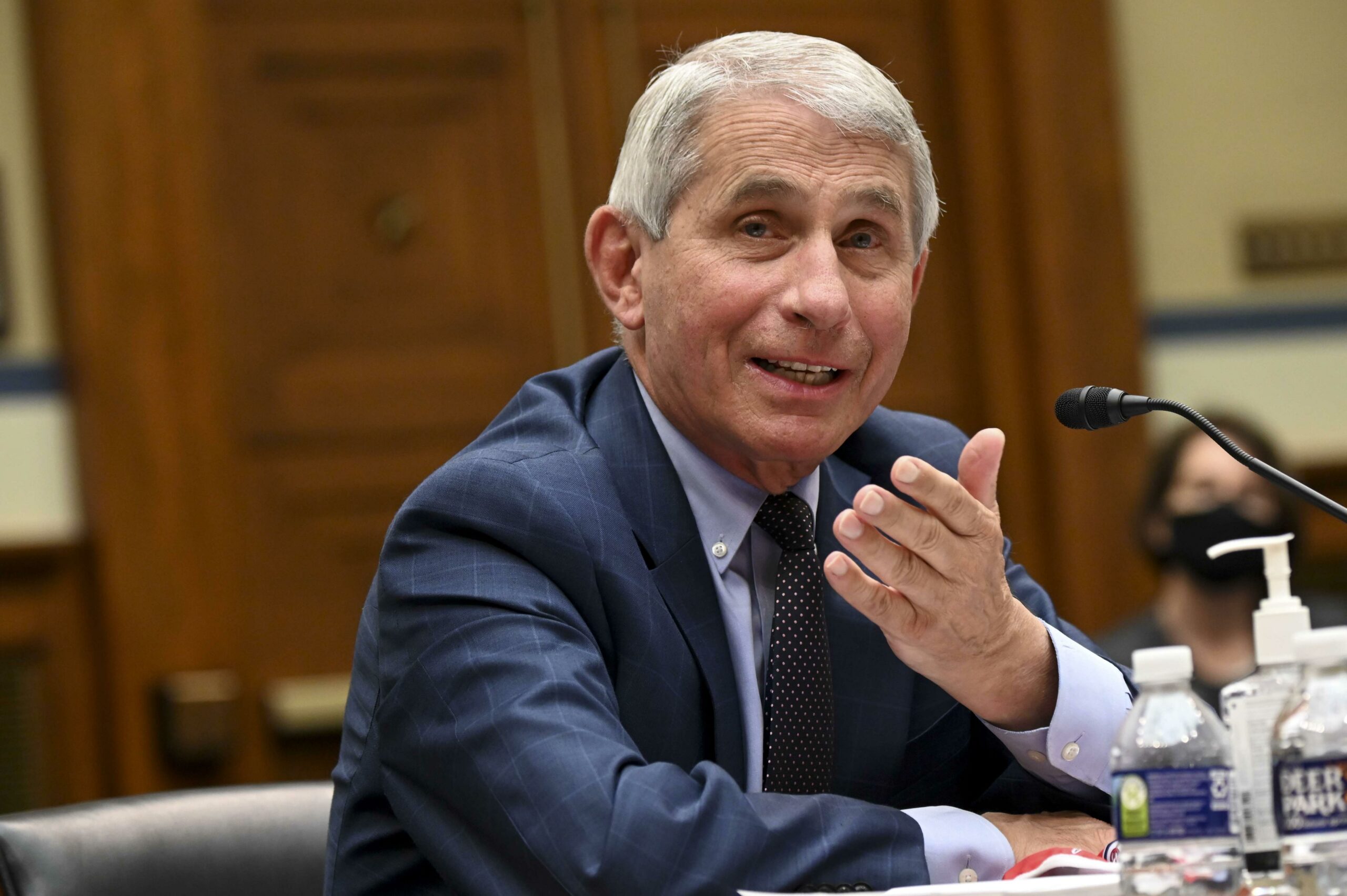
Erin Scott-Pool/Getty Images – Anthony Fauci
, director of the National Institute of Allergy and Infectious Diseases, is pictured during a House Select Subcommittee on the Coronavirus Crisis hearing on July 31 He recently appeared during the virtual APAP|NYC conference held by the Association of Performing Arts Professionals to talk about venues reopening.
With the return of live shows linked to the success of the COVID-19 vaccine distribution, there may be no better person to ask about when the industry can expect U.S. touring to return than Dr. Anthony Fauci, the director of the National Institute of Allergy and Infectious Diseases and one of the lead members of the White House Coronavirus Task Force.
The immunologist, who will become the become Chief Medical Advisor to the President in the Biden administration, offered his thoughts about venues reopening during a Jan. 9 conversation with Maurine Knighton, program director for the arts, Doris Duke Charitable Foundation, as part of the virtual APAP|NYC+ members-only conference held by the Association of Performing Arts Professionals Jan. 8-12.
“If everything goes right, this will occur some time in the fall of 2021,” Dr. Fauci said, according to the
New York Times, “so that by the time we get to the early to mid-fall, you can have people feeling safe performing onstage as well as people in the audience.”
Dr. Fauci notes the timeline is dependent on the U.S. vaccinating an approximate 70 to 85% of the population to effectively reach herd immunity.
During the APAP|NYC+ session Dr. Fauci brought up the need for more studies like the
German coronavirus study that found indoor concerts can potentially have a low impact on infection rates. He also encouraged performing arts professionals to do research on their venues’ ventilation quality.
Besides requiring attendees to wear face coverings, Dr. Fauci told attendees at the conference he thinks venues with good ventilation and air filters could reopen by the fall without many capacity restrictions, according to the
Times.
He noted that attendees at shows may still need to wear face masks, even after getting the vaccine – a perspective that other infectious disease specialists have shared. Research is still being conducted about whether or not those who are vaccinated may be able to get an asymptomatic infection and still shed the virus to others.
“It’s not like you’ll need to wear a mask for the rest of your life,” Dr. Carlos del Rio of Emory University
told NPR in an article posted Jan. 12. “You need to wear your mask until we have the data, and we’re trying to get the answers as fast as we can.”
For some in the industry, an estimated timeline of live shows returning in the fall may feel discouraging and sound like an eternity to continue waiting. A few U.S. festivals are still continuing to gear up to take place in Q2 including Rolling Loud set for May 7-9 at Miami’s Hard Rock Stadium and EDC Las Vegas May 21-23.
Then again, despite their larger attendances, there’s an argument that festivals may return before large inside events because it’s easier to social distance outdoors and the setting is safer than indoors when it comes to the airborne nature of the highly contagious coronavirus.
As previously reported, a number of festival organizers have already anticipated the live comeback taking more time, with some events choosing to move their events later in the year than usual, including Bonnaroo, which postponed from June 2020 to September 2020 to June 2021 before landing on Sept. 2-5, 2021. Lockn’ also rescheduled to Oct. 1-3, 2021, the latest it has taken place in a calendar year in its near-decade history.
Some artists that postponed tours in 2020 are still waiting to announce rescheduled dates as their teams keep an eye on the vaccine rollout.
“I played it safe and held multiple routings for my clients looking to be on tour next year,” United Talent Agency’s Cheryl Paglierani, whose clients include Post Malone,
told Pollstar in December. “With so many unknowns as to how things will play out, having a plan A, B and C ready to go has been crucial to ensuring artists are set up to be successful once it’s safe to be on the road again.”
On the other hand, with COVID-19 restrictions varying from state to state, some artists have returned to the stage for a handful of shows with venues at reduced capacities. As featured as the Box Office Spotlight in Monday’s Pollstar Daily Pulse newsletter, Maddie Poppe played the Paramount Theatre in Cedar Rapids, Iowa, Dec. 12 with a capacity of 590 and 1,161 tickets sold over two shows, grossing a total of $32,500. The venue’s maximum capacity is normally 1,699.
The New York Times points out the COVID-19 vaccine rollout has been slow in part because some “health officials and hospitals are struggling with a lack of resources.”
The Department of Health and Human Services announced changes in the rollout guidelines Jan. 12 in an effort to boost the distribution efforts including releasing more doses of the Pfizer and Moderna COVID-19 vaccines rather than earmarking the second required dose. During a media briefing on Tuesday Health and Human Services Secretary Alex Azar and other administration officials also announced that states should expand eligibility for the vaccine to any resident 65 and older, as well as adults with underlying medical conditions, according to
NBC News.
